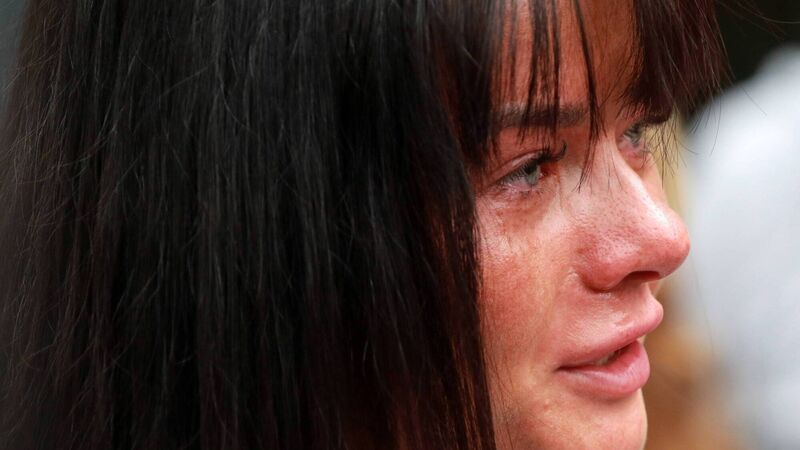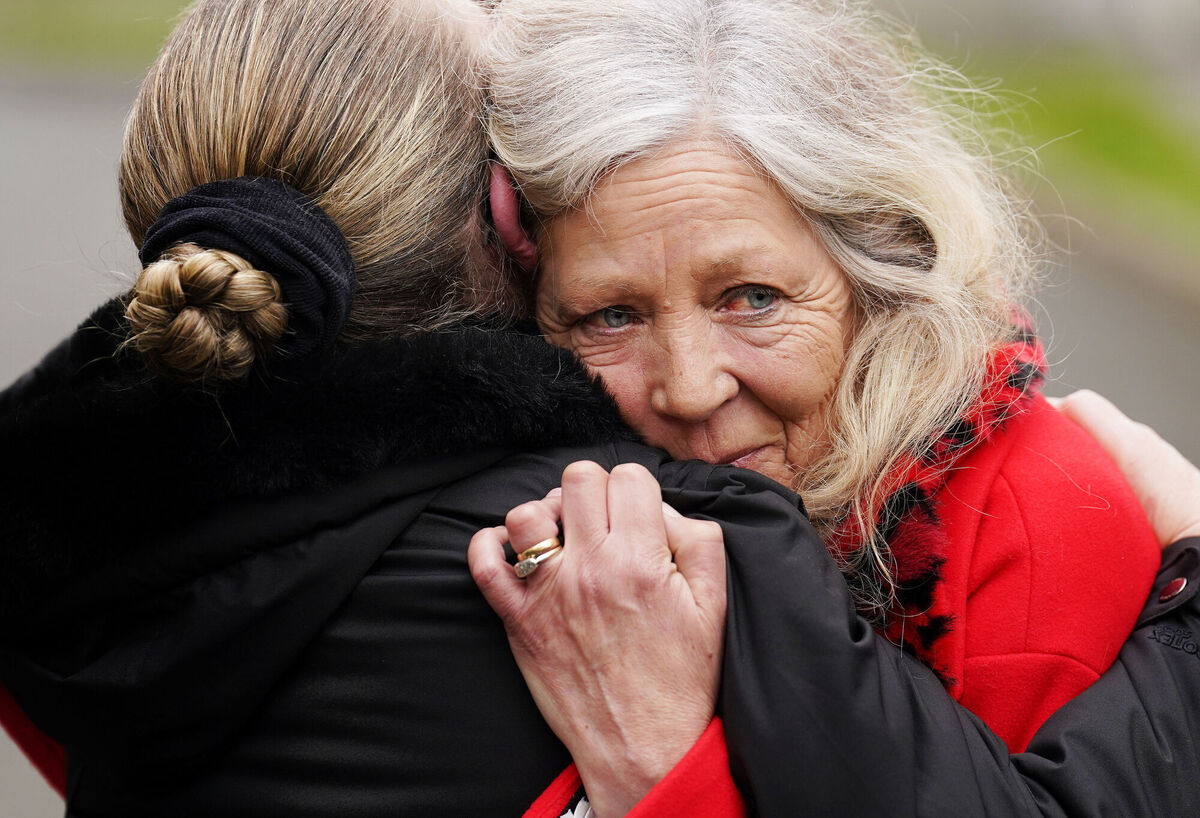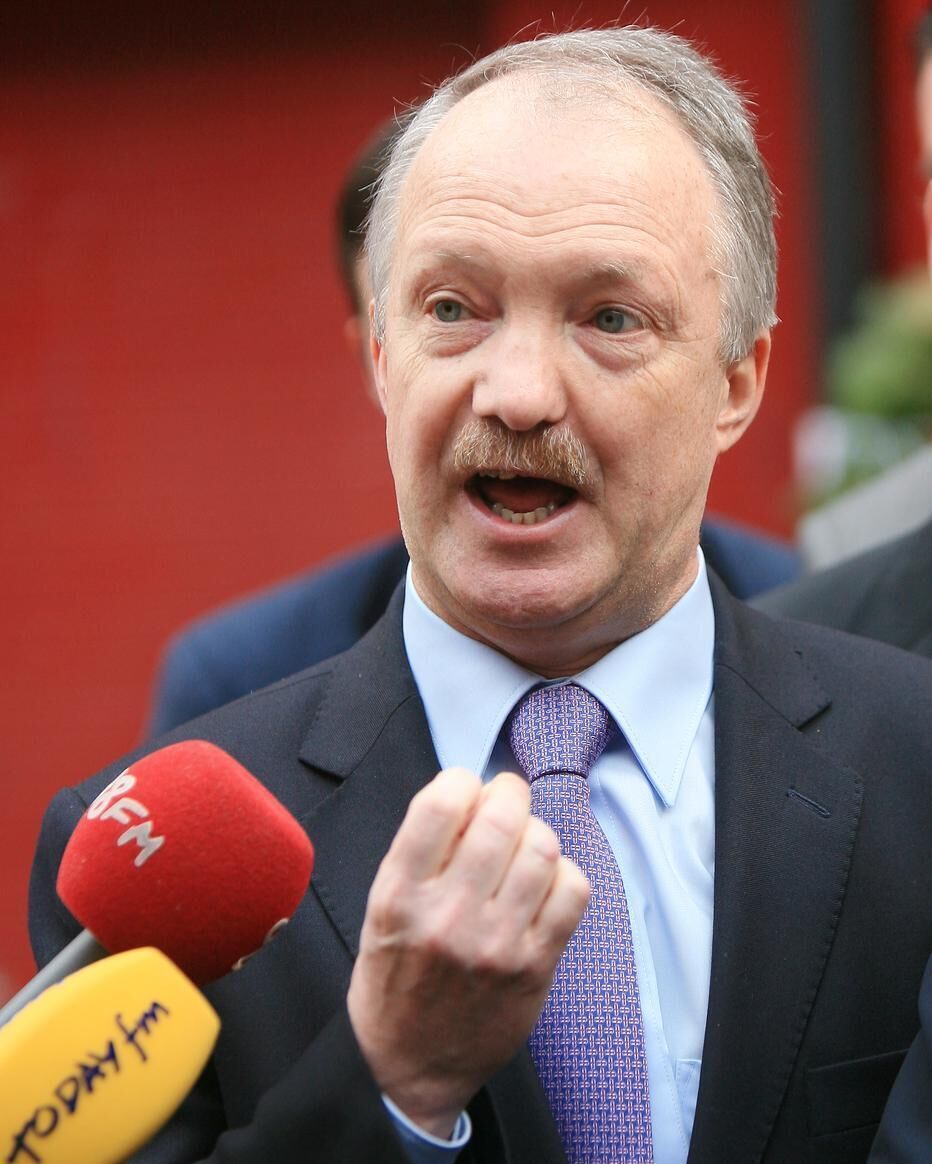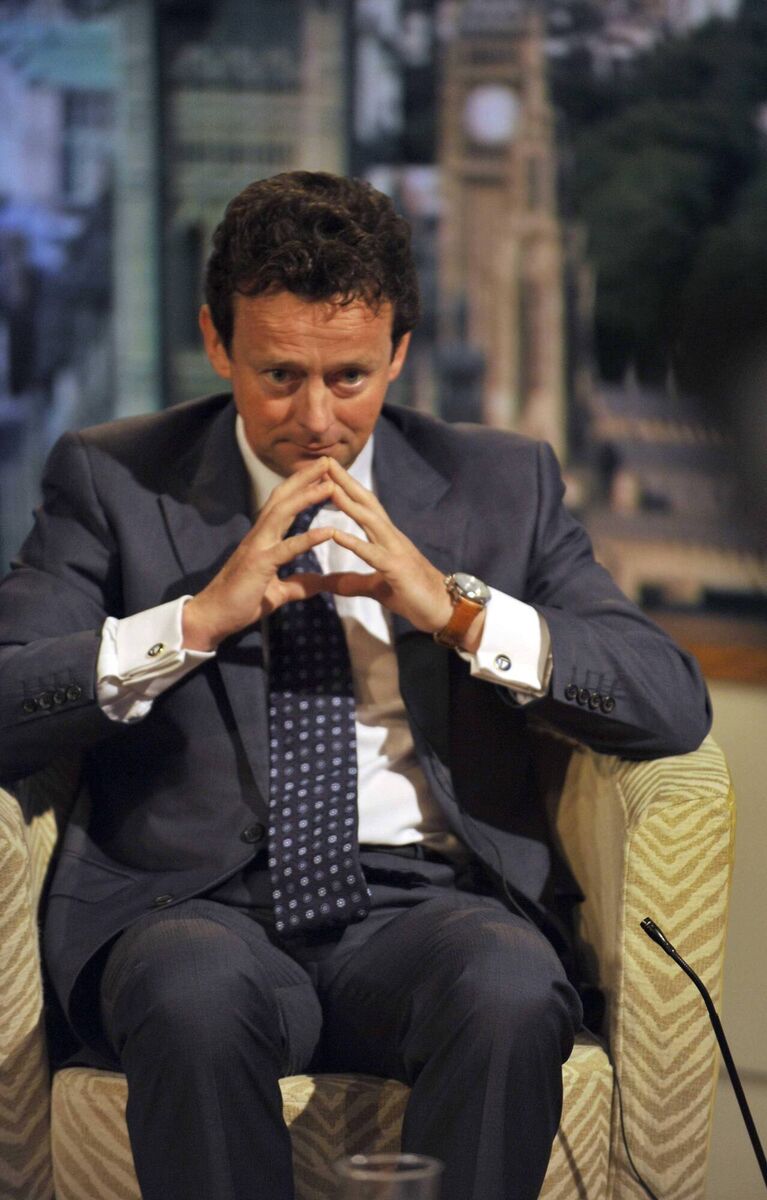Terry Prone: To apologise properly, your focus should only ever be on the victim

It may have felt right for a hospital employee at Aoife Johnston’s inquest to say she would always remember the dead girl’s beautiful face, and that the experience changed the relationship she had with her own daughters — but the comments greatly upset Aoife's sister Meagan, above, who said: 'We have to go home without Aoife every day'. Picture: Brendan Gleeson
You're giving evidence to the Aoife Johnston inquest and you indicate your understanding of the horror of the teenager’s death. It feels like you should do that. It feels like you should show sympathy or empathy or both. It feels right to mention how haunted you are by the young girl’s beautiful face and how the experience changed the relationship you have with your own daughters.
Of course, it feels right, at the time, long after the event, when you’re planning what you’re going to say at the investigation of that event. But in the moment, when it actually happened, it went badly wrong.
When the HSE executive mentioned her own daughters in what she was saying, Aoife Johnston’s sister threw a wrench into the works.
Surrounded by weeping relatives, she angrily pointed to the key difference between her family’s suffering and the suffering claimed by the executive giving evidence: The Johnstons would go home that day without their daughter/sister. Because she was dead. That was the difference, and its infuriated articulation led to a pause in proceedings.

Seán Haughey, just a couple of days earlier, walked into a similar outpouring of anger, but for different reasons.
The Fianna Fáil TD, known to be a good constituency worker, chose to speak in the Oireachtas following Simon Harris’s apology to the survivors of the Stardust tragedy.
What he said was that, while he had responded to the Stardust survivors committee over time, “if I’m honest, this was not enough. I also admit that my relations with the committee were at times fraught and I do regret that.”

Not easy to pick holes in that two-pronged self-inculpation for not doing enough and for not getting on well with a permanently angry committee, yet neither apology was accepted by survivor Annette Keegan, who interpreted them as him trying to look good for the public.
In this instance, it’s difficult to see precisely why Haughey — who has announced some time back that, after 40 years as a public representative, he’s not going to contest the general election — would need to look good for the public.
It’s easy, however, to identify the fear of being left off an emotional bandwagon, even if you’re not running for election or re-election. Once such a bandwagon gets rolling, advisers tell their man or woman that they “should” be on it. (Not that they would ever call it an emotional bandwagon, and that’s not to be cynical.)
Politicians and managers in that situation need to ask two questions aloud: Who gains if I do say something? Who loses if I don’t say anything?
The answers should not include the words “should” or “I feel”. They should include evidence. Supportive data. Even better, probative data.
Those two questions, honestly answered in that way, would have prevented Haughey from experiencing Keegan’s comment that “it wasn’t his place, here today”. Unfortunately for him, his contribution was unnecessary and, in the event, counterproductive.
Two very different people, trying to do their best in the aftermath of, in the UHL case, one horrific death, and, in the Stardust case, multiple horrific deaths.
It’s worth examining how the well-meant communications created such powerful negativity.
One of the worst things people can do, when their company, employer, or political party is accused of something vile, is to listen to anybody who says their priority should be to “show you care”. This asinine counsel usually follows its twin, “you have to put out a statement”.

So statements go out when the correct thing to do is shut up and listen to the voice of the victims. Showing you care too often tends to be interpreted as an invitation to establish how hurt you are by an event, even though you’re not among the actual victims, and might reasonably be seen as part of the organisation, company, or team which caused or contributed to the disaster.
We don’t need to name the hospital executive who talked about how she would always remember the dead girl’s beautiful face and went on, no doubt truthfully, to maintain that her own relationship with her daughters had been made even more precious because of what had happened in UHL. Misunderstanding of the dynamic of damage and of trying to make things right.
The dynamic of damage, and the imperative of apology, is that the spotlight must always be on the victims. It cannot and must not ever turn on anybody other than the victims. That your life has been changed by an event that took someone else’s life is irrelevant or worse.
That you remember working hard for survivors and register that the relationship with them was sometimes “fraught” is similarly irrelevant and offensive.
Neither input sets out to equate the pain you suffer with the pain inflicted by the central event, but that’s how it will inevitably be experienced by survivors.
The Americans have an acronym for the rule to be obeyed in this situation: KYOS. As in, ‘Keep Yourself Off Stage’.
Any mentions of your own history, feelings, or hard work must be excised. You will best prove that you care if you address only the victim or victims, ideally directly, and take the time that you might use to examine your own conscience or emotions by acknowledging and making real the distress or hardship they have undergone.
You may — as the Taoiseach did with the Stardust survivors — be clear about how the system or government failed them. But you may not indulge in exploration of your sensitivities around that failure. Stand up. Fess up. Apologise. Promise whatever you can to address the injustice. Then shut up.
Tony Hayward, the chief executive of BP when, in 2010, its oil rig, Deepwater Horizon, blew up and caused the leakage into the sea of thousands of barrels of oil, may be the all-time definitive poster-boy for failure to obey the KYOS rule. Or any of the other rules enumerated above.
His first mistake was to claim, before he had the facts, that the spill was “very, very modest”.
Just 10 days later he was telling CNN it was “an environmental catastrophe”.
Three days further, he was telling a reporter asking about the damage to the Louisiana coastline and consequent damage to the livelihoods of those living there: “We’re sorry for the massive disruption it’s caused to their lives. There’s no one who wants this thing over more than I do, I’d like my life back.”
This, remember, is six weeks after a BP disaster that cost the lives of 11 of his employees and caused — in his own words — an environmental catastrophe. And he’s bothered about not getting to live his usual life? He cannot resist turning the arc lamp on himself and pleading for global sympathy.
Empathy looks at the victims and only the victims. Sympathy looks at the victims but manages to do a U-turn and sympathise with the sympathiser.






